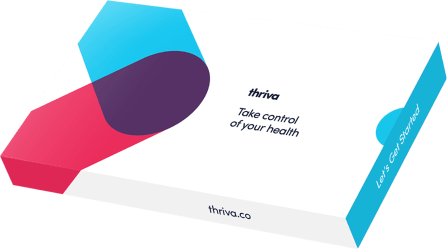Choosing a supplement can be tricky. From misleading claims to unnecessary additives, you really have to do your homework. Here’s our guide to choosing a high-quality supplement that’s right for you.
What supplements do you need?
Not everyone needs a supplement — a lot of people get the nutrients they need from a healthy, balanced diet. So the first step is to understand if you need to take one.
The most common reasons someone might take a supplement include:
- age — for example, your risk of vitamin D deficiency increases as you age
- medications — for example, proton pump inhibitors (PPIs), can inhibit the absorption of vitamin B12
- medical conditions — for example, coeliac disease can cause nutrient deficiencies because of damage to the part of your gut that’s involved in absorption
- food allergies — some people with allergies have a limited diet so they can’t get all the nutrients they need from food
- type of diet — for example, it can be hard to get enough vitamin B12 from a vegan diet
- pregnancy — it’s recommended that all women who are trying to get pregnant take a folic acid supplement
A vitamins blood test can also help you understand whether your diet is providing you with all the nutrients you need. Based on this, you can make an informed decision about whether you need a supplement or not.
If you have a deficiency, you can treat it with our premium supplements.
If you’re on any medications or have a medical condition, you should always speak with your doctor before taking any kind of supplement.
How to pick a high-quality supplement
Once you’ve decided that a supplement is what you need, the next step is finding one that’s high quality.
What to watch out for
Watch out for any supplements that make bold claims — for example, a supplement that helps to build muscle or burn fat. If it sounds too good to be true, it probably is!
Read the ingredients
Always make sure to read the ingredients. If it lists any ingredient you don’t recognise or understand, research them to ensure it’s not an unnecessary additive. Low-quality supplements can contain additives that block your body from absorbing the active ingredient (the nutrient you want).
Often, you can get an indication of the quality of a supplement by checking the ‘free from” information. This might include, ‘free from’:
- gluten
- wheat
- lactose
- eggs
- soy
- shellfish
- tree nuts
- peanuts
- artificial preservatives
- artificial colourings
- GMOs
It’s particularly important to read the label if you have an allergy.
Check the dosage
It’s really important to choose a supplement that has the right dose for you. There can be a fine balance between getting enough and over supplementing. More is not always better!
Taking too much of a food supplement can potentially cause health problems — for example, too much vitamin D can lead to a condition called vitamin D toxicity. This is rare, but it’s still worth paying close attention to the doses in your supplements.
On top of this, the dose only makes up part of the picture. You also need to consider the bioavailability of the active ingredient.
Check the bioavailability
Bioavailability refers to the amount of nutrients that your body is able to absorb. There are many different forms of nutrients and some are much easier to absorb than others.
For example, magnesium is available in many different forms, like magnesium chloride, sulphate, bisglycinate, taurate, or citrate. Some of these are easier to absorb but they can also have different benefits. So it’s worth doing your research or working with a health professional to find the right form for you.
Consider the cost
Supplements can be really expensive — so look for a price that works for you and, if needed, a price you can afford long-term. There can be a trade-off between the cost and quality of the supplement, so you need to get the balance right.
Remember that supplements are only worth the money if you remember to take them — set an alarm to remind yourself!
Check where it’s made
If you want to get comfortable with your carbon footprint, check your supplements are made in the UK.

















